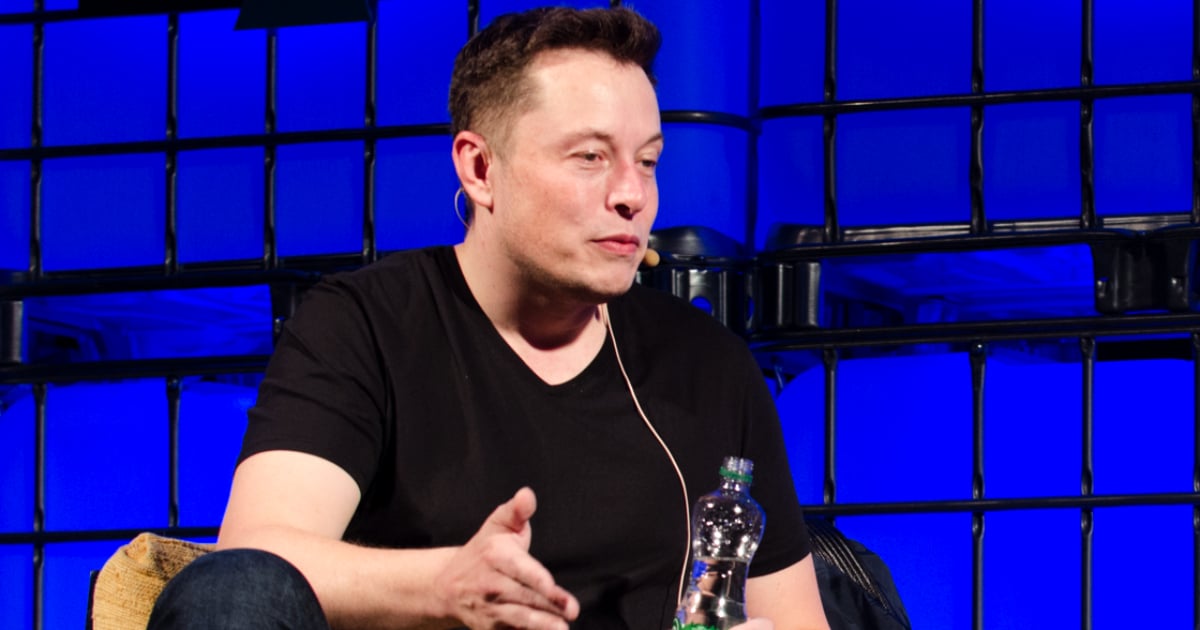
The tech magnate Elon Musk may be at risk of losing his U.S. citizenship due to alleged irregularities in his immigration status during his early years in the United States.
According to recent reports, Musk, who moved to the United States from Canada in the 1990s, allegedly worked without the proper authorization in the early stages of his career, which could have violated U.S. immigration laws.
Experts point out that if Musk concealed this information in his visa or naturalization applications, he could be denaturalized and face legal penalties, according to the American outlet Wired.
Musk's case, one of the richest and most prominent men in the world, is being closely monitored, as his immigration history raises questions about the legality of his immigration process.
In 1995, Musk entered the United States on a J-1 visa, an educational exchange visa, and was admitted to a graduate program at Stanford University, although he never attended classes.
Instead, he focused on developing Zip2, one of the first tech companies he was involved with. However, documents obtained by The Washington Post reveal that at that time, Musk did not have authorization to work in the United States, which would constitute a violation of his visa conditions.
Risk of denaturalization
Denaturalization, a relatively rare process in the United States, can be applied to individuals who have committed fraud during their immigration process. This includes concealing material facts or making false statements to immigration authorities.
According to U.S. immigration law (8 USC § 1451), citizenship can be revoked if it was obtained through deception. In this case, experts indicate that if Musk concealed his illegal employment when applying for permanent residency or citizenship, it would be considered a serious enough violation to justify denaturalization.
The significance of the case extends beyond Musk's immigration status. The legal implications of a potential denaturalization could also lead to criminal consequences, as making a false statement on immigration forms can result in penalties of up to five years in prison under U.S. federal law.
This could have a significant impact on Musk, especially since his company, SpaceX, has contracts with the U.S. government, many of which are related to national security.
Repercussions in the political context
The controversy surrounding Musk's immigration status also has political implications. Musk has been a strong critic of unauthorized immigration and has publicly supported politicians with restrictive immigration agendas.
In fact, Musk has shared conspiracy theories related to immigration on the platform X (formerly Twitter), which he owns. For some, the revelations about his past as an immigrant and potential legal violations contradict his stance and add a layer of controversy to his opinions on immigration policies.
Procedures and obstacles for denaturalization
While the U.S. Citizenship and Immigration Services (USCIS) has the authority to investigate and recommend cases for denaturalization, it is unlikely that Musk will be denaturalized without a complex and lengthy judicial process.
In 2018, the Trump administration established a specific office to investigate cases of denaturalization, which significantly increased the number of citizens facing such processes. However, revoking U.S. citizenship is not simple or common and is typically reserved for cases of extreme fraud or serious criminal activities.
For Musk to lose his citizenship, immigration authorities would need to present strong evidence that he worked without authorization and lied about it on his immigration forms. Although the law allows for denaturalization in cases of fraud, it is uncommon for it to be applied for minor violations or those committed decades ago, as could be the case with Musk.
Biden accuses Musk of 'migratory hypocrisy' and questions his support for anti-immigration policies.
For his part, President Joe Biden criticized Musk at a campaign event in Pittsburgh, labeling him as a "hypocrite" on immigration issues.
According to the American network CNBC, Biden stated that Musk, a Republican ally and donor, began his career in the United States as an "illegal worker" by engaging in a tech company while in the country on a student visa in the 1990s.
"I was supposed to be in school, but I was breaking the law," Biden stated, questioning Musk's anti-immigrant stance, as he frequently criticizes undocumented immigration on his social media.
Biden also targeted Donald Trump and the Republicans for failing to promote immigration reform during his administration, asserting that there are currently fewer illegal crossings at the border than during Trump's tenure.
Uncertain future and possible outcomes
Musk's case highlights the complexity of U.S. immigration laws, particularly for individuals like him who have life journeys characterized by multiple migrations and the pursuit of opportunities abroad.
Although many experts agree that denaturalization is a legal possibility, they also recognize that prosecutors have considerable discretion in deciding whether to pursue a case. Furthermore, Musk could choose to authorize the release of his immigration records to clarify the facts and refute any allegations against him.
In any case, this situation not only threatens Musk's legal status in the United States but could also impact his companies and their contracts with the government, especially those that require high safety standards.
As USCIS and the Department of Justice evaluate the case, the public and immigration experts are closely watching the next steps in this story, which could have profound legal, business, and political repercussions for one of the most influential entrepreneurs of our time.
What do you think?
COMMENTFiled under: